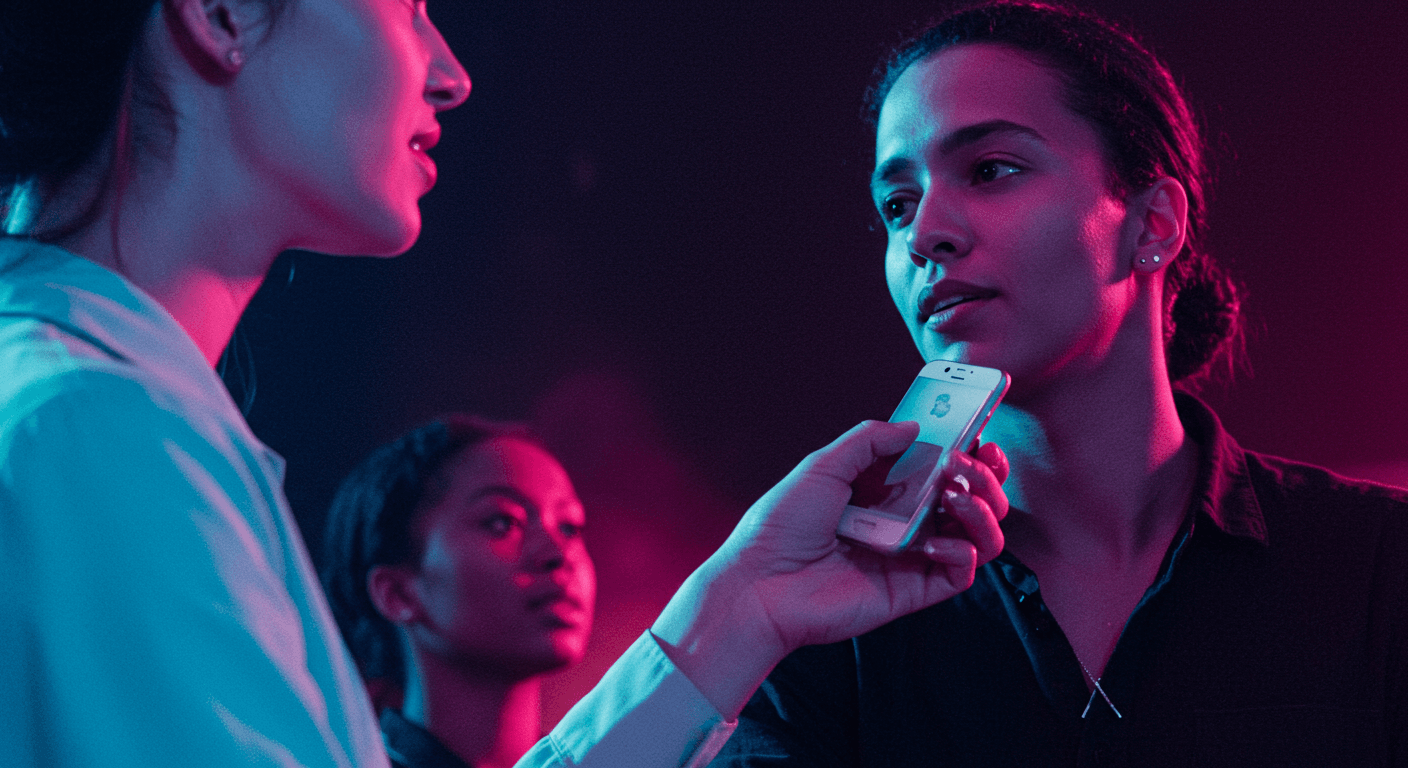When you invest time, energy, and money into an event, wouldn't you rather know what attendees thought instead of guessing?
Attendance numbers can indicate success, but nothing beats post-event feedback directly from attendees... if you can get it.
That’s why it’s important to ask the right questions, the ones that get attendees to share what they really thought.
Asking if someone enjoyed your event is fine, but targeted questions provide more precise feedback.
7 Post-Event Feedback Questions That Matter
Not sure how to collect feedback effectively? Start with these seven questions to discover what attendees really thought and gain insights to optimize future events.
1. How Would You Rate Your Overall Experience?
Asking attendees to rate their experience is crucial. It helps you understand overall sentiment and acts as a starting point for deeper follow-up questions.
You might ask attendees to rate:
- Date and time
- Speakers
- Venue
- Session or workshop quality
- Number of sessions (for multi-session events)
Rating their experience is a perfect first question because it's easy to answer.
Optimize It
For more than just overall sentiment, use a scale question with a range of options to evaluate their experience. This gives survey-takers more options and paints a clearer picture.
2. What Part of the Event Was Most Valuable?
Going deeper than general impressions, ask what attendees got the most value from.
By asking for something specific, you can pinpoint what you did well, identify which parts resonated most, and learn what to include in future events.
Keep it simple with a multiple-choice question.
Pro tip: Include an open-ended "Other" option that lets attendees explain in their own words what they enjoyed most.
Optimize It
Personalize your conversational surveys by using conditional logic to route attendees to different questions based on their answers.
Pro tip: Who says multiple-choice can't include images?
3. Was There Anything You Felt Was Missing?
Not every event will wow everyone, and that's okay. Criticism is a tool to create better, more resonant events.
Ask attendees what they thought was missing to uncover gaps or pain points you can address in the future.
Optimize It
While multiple-choice questions are good for surface-level insights, open-ended questions let survey-takers expand on their feedback in their own words.
4. Did the Event Meet Your Expectations? Why or Why Not?
Did attendees get what they expected? If not, you may have overpromised and underdelivered.
If feedback shows the event met or exceeded expectations, you did something right – likely effective marketing.
Optimize It
Instead of trying to ask two questions at once, ask attendees whether your event met their expectations. Then, use logic to lead them to a question where they explain why or why not.
5. How Likely Are You to Attend Another Event?
Attendees may be satisfied with the event, but would they return? Asking how likely they are to attend future events gauges loyalty and interest in future events.
Their answers help you determine if you established your brand as an authority and a company that puts on worthwhile events.
Optimize It
Give survey-takers a range of options instead of simply asking whether they'd attend future events. Using an opinion scale question provides more clarity.
Follow up with an open-ended question about what would encourage future attendance to gather more actionable feedback.
6. Would You Recommend This Event to a Friend or Colleague?
When planning your event, you likely sought reviews from reputable sponsors and speakers.
If attendees share that they'd recommend your event, it's a clear indicator of success.
Optimize It
Use a Net Promoter Score (NPS) question to measure how likely attendees are to recommend your event. Using a scale shows you if there's room for improvement instead of a binary "Yes/No" answer.
Pro tip: If they're very likely to recommend your event, ask a follow-up question asking for a testimonial.
7. Any Other Feedback You’d Like to Share?
We all want to feel like our opinions matter. Conversational surveys build trust and show attendees you value their input and genuinely want to improve.
No matter how good your questions are or how many you ask, the best feedback comes from asking for attendees' unfiltered thoughts.
These open-ended and broad questions encourage honesty and often capture highly specific feedback that other questions miss.
Pro tip: Use voice to ask questions and allow survey-takers to respond by voice. BetterFeedback automatically transcribes voice responses to text, allowing easier analysis. Ensure you still provide a text response option for survey-takers who prefer it.
Better Conversational Surveys, Better Insights
BetterFeedback helps you gather quality post-event feedback, revealing where you can improve or where you should double down.
Our AI-powered conversational surveys are built to feel like a real conversation, roughly 10x'ing the response quality and tripling the completion rates of static forms. You can launch one in ~60 seconds thanks to our goal-based survey creation, templates, and AI question suggestions.
With BetterFeedback, you can:
- Analyze sentiment instantly. Our AI-analyzed summaries and sentiment analysis provide immediate insights.
- Engage naturally. Our AI agents ask smart follow-up questions just like real moderators would.
- Reach everyone. We automatically support 30+ languages with no configuration.
- Distribute easily. Share via link or embed a widget on your site/app.
Gathering better feedback reveals areas for improvement and highlights your strengths. Use these seven questions with BetterFeedback and create powerful, insightful conversational surveys. Get started free.



